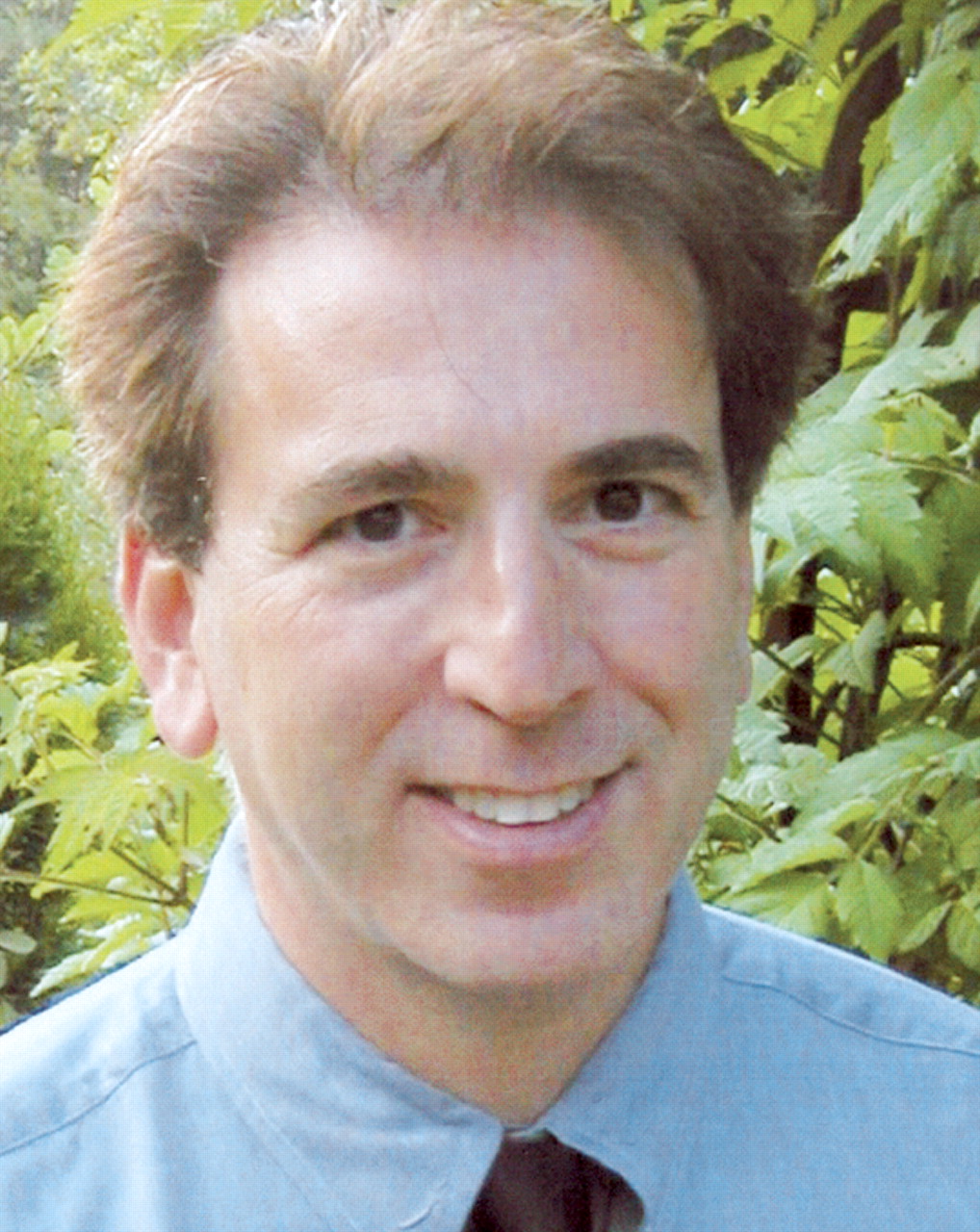Patches Won't Heal A System in Crisis

As I look at the literature on the last several decades in health care, I find a mountain of articles and books, which I call our history of“ Crisis in American Health Care.”
The central themes are that our system is the most expensive in the world, yet 45 million Americans don't have insurance coverage, 44,000-98,000 people die annually from medical mistakes in our hospitals, malpractice insurance is skyrocketing, and managed care second guesses and attempts to override physicians in medical decision making.
I don't know if I'm stating the obvious, but in the words of Kermit the Frog, “some of these things go together.” In fact, they all do.
The first thing that strikes me as curious is the constant use of the word“ crisis.” This implies a state of affairs in which something is going to change, a flashpoint. Yet decisive change has not come. Instead, we find a series of patches—Medicare Part D being the latest in a series of these make-do repairs.
In the 20th century, as the rest of the industrialized world—excluding Japan—made the decision that access to health care was a right of citizenship, we saw the AMA lobby against a national health system. I raise this point, because our current state of affairs is multifactorial, and as physicians we need to own our piece.
While opponents of sweeping reform shot it down in years past by coining the term “socialized medicine” and tying universal coverage to the Red Scare, there was also a realization that certain groups would be unable to obtain and maintain coverage—the old, the disabled, and the very poor. So we kind of got a national health plan with the creation of Medicare and Medicaid in the 1960s. The flashpoint was averted, and we moved forward.
Now the focus has shifted to cost. Somehow the country's annual expenditure on health care has shot up into the double digits (about 5 percent of GNP in the 1960s and over 14 percent today).
Enter managed care and exit the arguments against a national health plan. Hospital days were negotiated, tests and procedures were questioned, and we learned how to fill out new forms, get on provider panels, negotiate contracts, and do physician-to-physician reviews over the telephone.
So how do we jump from that “crisis” to the news-grabbing statistics from the Institute of Medicine about deaths from medical errors? I think the point of attachment is the truism “haste makes waste.” To stay on top financially, physicians in America have to work longer hours and see more patients. The rising costs of malpractice insurance, maintaining an office, hiring staff to handle the billing, and on and on mean that you've got to pump out the volume.
If we look at the sources of medical errors, much of it comes under the heading of carelessness—indecipherable and easy-to-confuse handwriting on prescriptions and order sheets, wrong-site surgeries, un-coordinated care, drug-to-drug interactions, and inadequate time to really listen to patients.
From there, it doesn't take a brain surgeon—and are they really that smart?—to see the connection to our malpractice “crisis.” Between 44,000 and 98,000 potentially preventable medical deaths a year is a whole lot of meat and potatoes for attorneys—not to mention the human tragedy those numbers represent. Malpractice premiums have skyrocketed, insurers have left the business, and we go crying to the politicos because we can't afford to stay in practice.
So, what do I take away from all of this? First, crisis or no crisis, we historically have shied away from a fundamental and sweeping overhaul of the American health care system. Instead, we've seen major changes occur, but more as reactions to the cost of health care and attempts to try and contain it. The resultant effects on quality of care and on the role and integrity of physicians have been dismal. This is not where we wanted to be.
My own career—I work for a state agency—has been one in which I have sought out situations where I don't have to spend much time thinking about payer sources and whether I can provide medically necessary treatment. In chatting with other doctors, I realize that most would prefer this. If that assumption is correct, the questions then become, and what I ask everyone who reads this to think about, what would it take to create fundamental change in the American health care system, and what role could physicians play in making those changes happen? ▪



